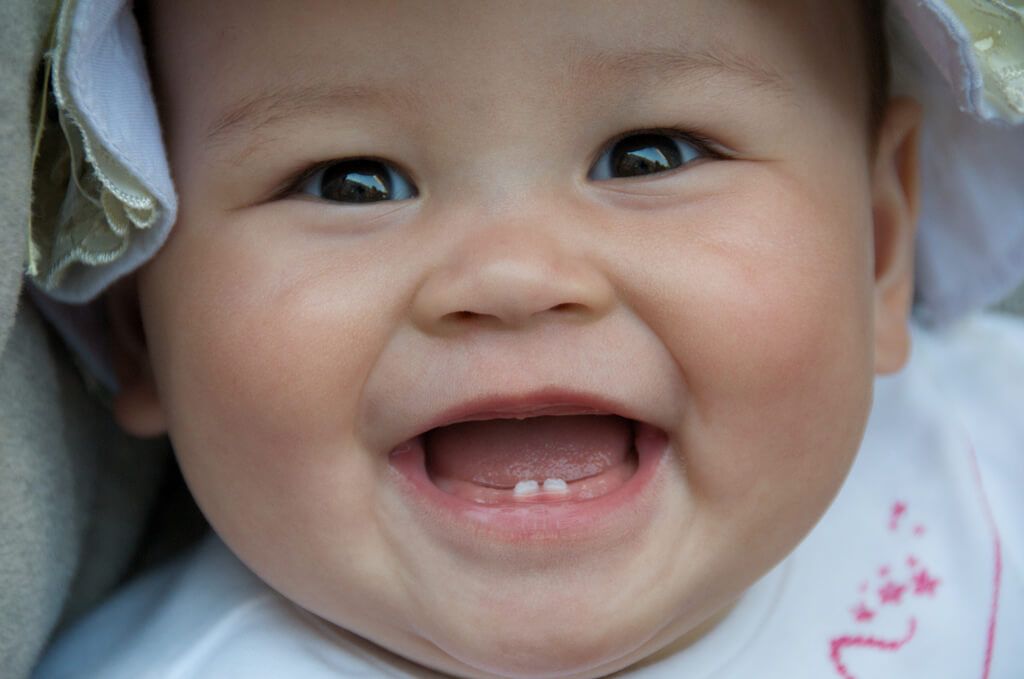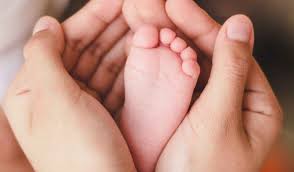When it comes to the importance of baby teeth, many people think that it doesn’t matter at all, because obviously, they will fall out eventually. The fact is that baby teeth are very important. This is in terms of the child’s early social, physical, and emotional development. Baby teeth begin to appear when a child is around six months, and they can remain until a child turns thirteen or fourteen. These help children in various aspects, to speak, eat, and allow overall growth.
Even though permanent teeth will eventually replace baby teeth, they are very important. As a parent, you must look after your child and consider visiting a pediatric dentist. Baby teeth help in various aspects of growth, including:
- Fostering good nutrition through chewing properly
- Aids in speech development
- Saves the space in the jaw necessary for proper development of permanent teeth
- Healthy teeth in later years enable children to pay attention and learn properly in school without any form of dental pain
- Boosts self-esteem by giving a beautiful smile
Here are the top six reasons why baby teeth matter and why you need to take care of them, just as you would take care of permanent teeth.
1. Proper alignment and position
Primary teeth often help to save the space for the adult teeth, and they serve as guidance for the adult teeth to move into their appropriate position. Due to early tooth decay, if baby teeth fall out, the adjacent teeth will drift or tip into space. Hence, permanent teeth have less room to grow in and may have a blocking effect from erupting into space.
2. Aids in Nutrition and Proper Health
Teeth are necessary for chewing. Of course, they play a major role in the digestion system. Dental pain from problems like cavities could lead to serious nutritional deficiencies if the child is not able to chew on their food properly. In addition, if parents ignore the problem and do not consult a Pediatric Dentist Tulsa, it could also lead to greater risks of infections forming. Eventually, the infection will spread to various other areas of the body, and target the brain. Very rapidly, this could change into an emergency and the child may need to go to the hospital for a longer time. Unfortunately, ignoring such problems brings reports of cases where children died from a dental abscess.
3. A Pediatric Dentist Will Tell You the other Functions
Not only are baby teeth essential for language development later on, but they also serve various other functions such as contributing to the normal development of a child’s facial muscles and jawbones. This reserves the space for future permanent teeth. Although they may seem tiny and cute, these are important for your child to develop better speech patterns. You should also be aware of why it is important to fix baby teeth.
4. Facial and Speech Development
The lips tongue and cheeks deflect off teeth in an effort to form sounds. The presence of proper positioning of the baby teeth and just their presence helps to assist in the formation of the right punctuation when they speak. The structure of the tooth also provides the right support for the facial developing muscles and it gives the child’s face a proper shape.
5. Space for Healthy Permanent Teeth to Grow
The permanent are likely to grow closer to the baby teeth roots. Note that baby teeth are tiny, much smaller and the cavities could spread quickly through their thin enamel. If left untreated, the baby tooth could develop an abscess or infection, which would hinder the tooth development. In addition, this will cause damages to the permanent teeth underneath.
6. An Important Role in Self Esteem and Concentration
If a child experiences dental pain, this can affect their ability to learn and pay attention in their classroom or school. It is true, decayed teeth can interfere with the ability of the child to take up on social interactions, which could affect their self-esteem and confidence. This may lead to the child missing school, and the parents will have to miss their work because they will need to take their child to the dentist for an emergency appointment.
The Development of Baby Teeth and Teething
Usually, baby teeth appear when a baby turns three years of age. Keep in mind that this is a standard, but you may see your child’s teeth coming in earlier. Note that every child is different, so the teething process would be different as well.
In children, teething is a process where the teeth erupt and cause drooling, pain, and fussiness. To ease off the pain, most babies at this stage prefer to chew on a teething ring or a cold clean face cloth. As a parent, you should rub the gums of your child gently using a clean finger. You should avoid giving your child teething cookies because they contain sugar and starch, which contributes to their tooth decay.
At any time, if you feel your baby is not in a good mood or feeling irritable, you should consult a pediatric dentist, who would be able to help you with a good solution.





Be First to Comment